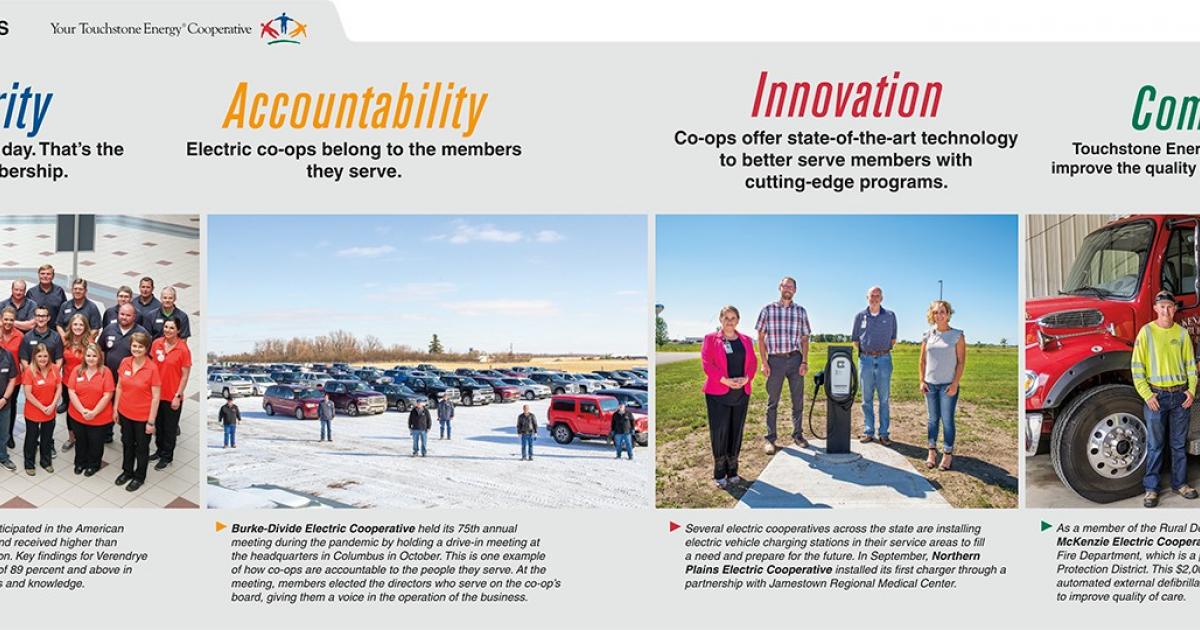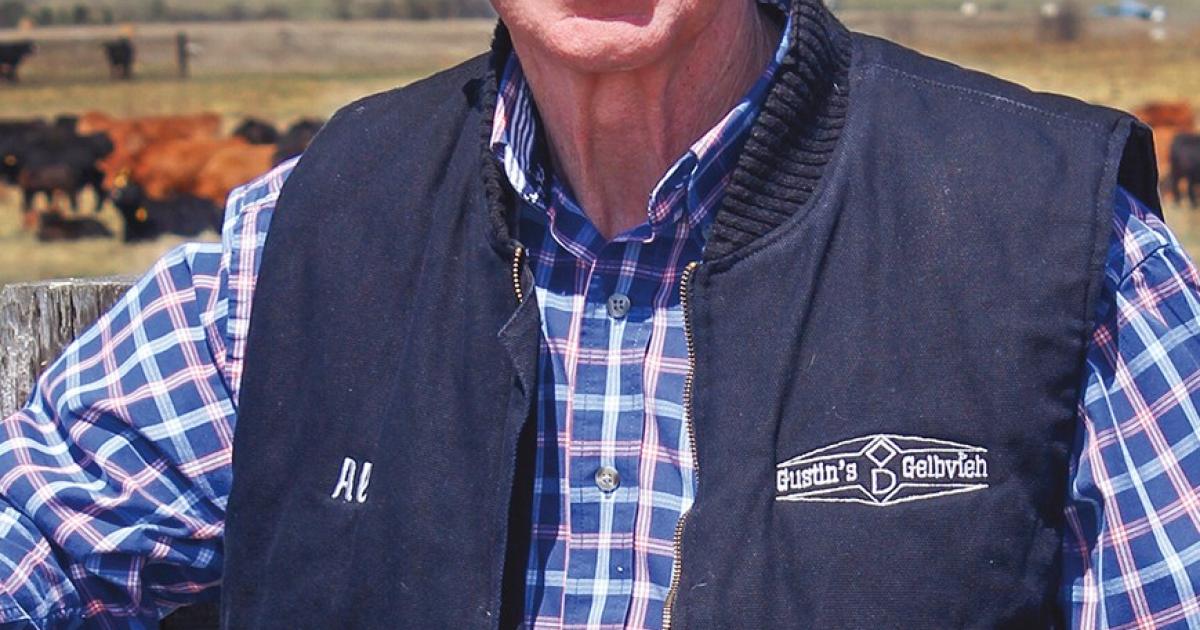Josh Kramer
I have a challenge, or two, for our readers this month. (Or maybe a “dare” sounds more intriguing?)
As you wait with bated breath, let me say that October is Co-op Month. We celebrate the drive all cooperatives share for serving their members and helping our communities thrive.
This brings me to my first challenge: Tell one person what it means to be a co-op member. (Bonus points if you tell more than one person.)
Give them your elevator speech. Give them the condensed version of co-op 101. If you’re not sure what to say, maybe you’ll be more comfortable after reading this issue of North Dakota Living, or do a bit of research.
I’m often asked, “What is a co-op?” The short answer: A cooperative is a business owned and controlled by the people it serves. Cooperatives can be categorized as marketing, supply, consumer, worker or service cooperatives. Electric cooperatives are service cooperatives.
On the foundational level, cooperatives operate under a set of key principles and values. The cooperative principles are voluntary and open membership; democratic member control; members’ economic participation; autonomy and independence; education, training and information; cooperation among cooperatives; and concern for community. Self-help, self-responsibility, democracy, equality, equity and solidarity are the cooperative values. These unique shared values and principles differentiate cooperatives from other types of businesses.
But the challenge, you’ll remember, goes much deeper than simply providing the definition of a cooperative. What does it mean? Being a co-op member can mean different things to different people.
For some, it means opportunity, or access to goods and services that wouldn’t be available without the co-op. To others, it means community, belonging, cooperation or working together for a common cause. To me, someone who works among cooperative people daily, it means all these things – and so much more. The cooperative network starts to resemble an extended family. We look out for one another. We help. We contribute. We teach.
As cooperative stakeholders, we share a responsibility to teach others, both members and non-members, about the importance of the cooperative business model. Equally important is the responsibility of member-owners to participate in their cooperatives, engage in cooperative self-governance and provide feedback. We must encourage participation and continually seek input, for we know our members offer valuable perspective.
Let’s be advocates for cooperatives. Co-op Month seems the right time to start or recommit.
And lastly, if you would please indulge me in offering a second challenge: Take the time this Co-op Month to thank a cooperative employee, director or member for their interest, dedication and participation in their local cooperatives.
Josh Kramer, editor-in-chief of North Dakota Living, is executive vice president and general manager of NDAREC. Contact him at jkramer@ndarec.com.










